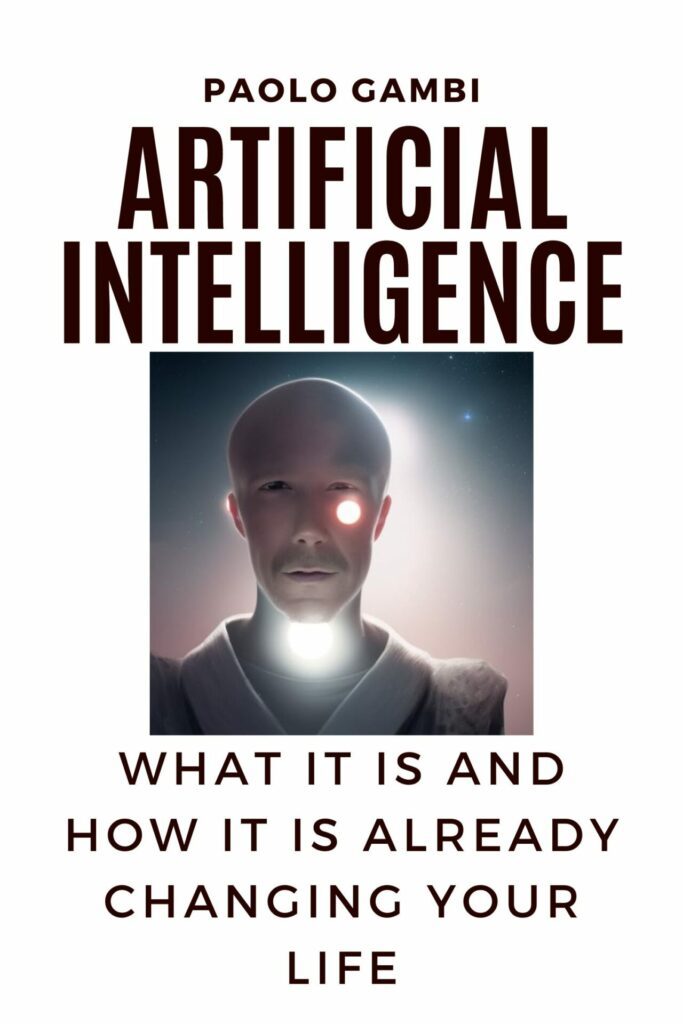Artificial intelligence and poetry: can machines replace humans?

Can artificial intelligence produce art and poetry?
Everyone is talking about artificial intelligence nowadays. I have already written a book to introduce “beginners” to AI. With all its pros and cons, AI raises possibilities and doubts together. One of them is related to art. Some recently released applications manage to produce visual art with just a few clicks. The results are beginning to be encouraging. But the question these successes pose is: can or will artificial intelligence ever produce art?
My answer is: no. And now I will explain why.
What is art?
The real problem is that today we struggle to give an unambiguous definition of art. Contemporary art has lost the ability to define itself, except by self-identification, something like “it is art what appears in contemporary art circuits, no matter with what content or form.” Kind of like those woke people who to the question “what is a woman?” answer “anyone who identifies with a woman.” Yes, but what is a woman?
Here with art, the same thing happens. So to avoid thorny issues, I move on to poetry, the first of the arts. Where it is even more complex to draw boundaries, except those that revolve around the presence of the word. For there to be poetry you need the word. Is any word poetry? I answer this with the experiment I did
An experiment in artificial intelligence and poetry
On Wednesday nights I always do live streams on Instagram, reading poems for people. I tried to get GPT chat to write the poems, live. The result was surprising. Chat was indeed able to accomplish the tasks I assigned her with great precision, but only if they stayed within the framework of simple language. If you tell her to write a poem about the sea she will write it for you. But if you ask her to write a “beautiful” poem she writes it to you just as if you ask her to write a generic poem.
Moreover, we are still at an early stage, maybe she will improve in the future. If you ask her “write a rhyming poem in hendecasyllables divided into triplets,” she is not able to rhyme, divide the text into triplets, nor respect hendecasyllables. At least in Italian. In English, he succeeds a little better.
Still, the result was a set of banal verses, which people called “repetitive,” “soulless,” or pointed out how they explained things.
Conclusion
What is the conclusion of all this? Essentially that artificial intelligence can be considered by artists and poets as a tool, just like it was a paintbrush or a personal computer on which to write their verses. And like any tool, it requires a skill. One has to learn how to use it. But artificial intelligence will not be enough to make empty souls into artists, or poets out of those who sail on the surface.